20+ Years Experience
Specialist Business Insolvency Company

Get in Touch Today to Speak to a Specialist Adviser
It’s no secret that the corporate world can be a cruel place.
Businesses can go into administration, either because of poor management or due to the ever-changing economic tides.
When a company enters administration in the UK, all existing contracts with staff become void.
However, employees will be owed any wages earned up until the day of administration and may be able to claim further redundancy payments.
It’s usually a devastating experience, particularly for those unfortunate members of staff who find themselves out of work.
But what exactly happens to staff when a company goes into administration in the UK?
This question has been on the mind of many unsuspecting employees over the years.
This page will explore the implications for staff when a business falls into administration.
We’ll be delving into the rights of employees and the various stages of the administration process, helping you understand what to expect should the worst-case scenario come to pass.
So strap in, and let’s see what happens to staff when a company goes into administration in the UK.
Company administration in the UK is a well-defined legal process which helps companies avoid liquidation and keeps them afloat during difficult financial times.
This process has been established through Company Law as a way for an insolvent company to restructure its finances whilst also providing statutory protection from creditors during the restructuring period.
The most common form of administration is known as ‘administrators appointed’ – whereby a qualified insolvency practitioner (IP) is appointed by the court, or otherwise requested by the company directors, to delve into the situation and draw up proposals on how to manage matters in the future.
During this period, creditors legally must not take any action against the company’s assets without approval from both the IP and the court.
This gives struggling companies much-needed time and space to restructure, during which time they can attempt to save one or all of the parts of their business.
Some may argue that administration allows companies to delay or avoid repaying creditors debts, with creditors’ claims being treated unequally due to preferential payments used to bolster certain creditor groups or separate business entities within an organisation over others.
Using the corporate veil in some administrations may obscure asset ownership, and complex corporate structures can complicate creditors attempting to recoup their debt.
However, critics of these policies would point out that at least under Administration, there is an obligation for creditors’ interests to be considered and balanced against the protection of the remaining business operations.
With Company Voluntary Arrangement (CVA), the debtor remains in control of their own destiny and can ultimately choose whether certain obligations are met.
Administration in the UK is a deliberate legal process designed to allow struggling companies to retreat and reconsider how best to move forward with their operations with an obligation that all interests are fairly considered.
Company administration in the UK is a legal process designed to help companies avoid liquidation, restructure their finances and protect their assets from creditors.
This process benefits struggling companies by giving them time to evaluate their options.
However, creditors may not fully repay their debts due to preferential payments given to particular creditor groups or separate business entities within an organisation.
Under administration, there is an obligation for all interests to be fairly considered.
At the same time, under a Creditor’s Voluntary Agreement, the debtor decides who they want to pay back. Ultimately, administration affects staff in some way.
When a company goes into administration, it can have far-reaching consequences for the employees of that company.
Depending on specific circumstances, staff may be let go temporarily or permanently when a company enters administration.
The administration is often seen as a last resort to rescue a business that has become financially insolvent due to mismanagement of funds or other issues.
It should be noted that entering into administration does not automatically result in people being made redundant, nor does it immediately halt payroll and wages.
The administration puts the company in a temporary state of control and provides an opportunity to restructure and build an action plan to focus resources and protect the organisation’s viability.
Employees facing potential redundancy should be aware that the immediate cancellation of their employment carries potentially unbeatable restrictions due to their inability to ‘join the queue’ for government benefits such as Jobseekers Allowance.
Therefore, making any decision to become redundant is difficult for both the employer and the employee.
Administering companies are obligated to ensure staff receive certain rights during the process, including fair compensation for notice periods, payments in lieu of notice, unpaid wages and holiday pay if applicable. Projects abroad and those dealing with Statutory Maternity Pay also need to be taken into consideration by administrators too.
The experience of entering into administration can be difficult all around; however, understanding the rights, responsibilities and obligations of all parties involved during this process can help staff understand their position more clearly.
When entering administration, wages and pay issues become important to ensure staff are looked after properly throughout this challenging time.
When a company enters administration, wage and payment issues can be incredibly difficult.
Employees may find themselves in limbo between job duties and their right to receive due wages and payments.
On the one hand, some argue that the employees should be protected; they have done the work and should be compensated accordingly.
On the other hand, critics point out that administration is designed to keep costs as low as possible to provide a good recovery solution for all creditors.
The situation will depend largely on the agreement between the administrator charged with leadership of insolvency proceedings and the business itself.
In general, the administrator must declare any unpaid wages to date of administration.
This is known under Insolvency law as ‘pre-administration arrears’. Employees are then frequently entitled to claim these arrears from The National Insurance Fund (NIF).
As for payments for work done after the administration date, this is called ‘post-administration arrears’, and an agreement must be reached between the staff and administrators about how much, if any, of these debts will be paid back in due course.
Depending on the size of the company or debt burden, repayment can take up to three years on some occasions.
This debate highlights the difficulty facing staff members and administrators alike when finding a fair resolution regarding wage and payment disputes amidst a company entering into administration. Whatever side of this discussion one falls on, it is undeniable that insolvency claims can strain employee rights.
To ease this burden, strong guidance and cooperation between administrators and workers are essential in turning around a failing business operation.
To continue our discussion on what happens to staff when a company goes into administration in the UK, we will now address the Notice of Termination and Redundancy in Administration.
When a company enters administration in the UK, some staff members will likely be made redundant and receive notice of termination from their employer.
Redundancy is when an employee loses their job or certain aspects of a job due to either the closure of the business or a decline in the work available for them to do there.
An employee made redundant in a business administration situation often has rights to redundancy pay and certain additional benefits, although this will not apply to all cases.
Employers should act promptly during this time to notify employees of their intention to make redundancies, giving them as much notice as possible.
It should also be noted that employers must use fair criteria for selecting employees for redundancy and must prove they have worked out which employees are most likely to be affected by following their own selection methods.
During this process, employers should also look into whether alternative employment or training opportunities are available within the organisation.
The issue of redundancy can be controversial in terms of morality and economics. Many argue that permanent staff members should be protected during economic hardship, while others believe businesses need to adjust their workforce to survive such changes.
There are strong arguments on both sides; unfortunately, it can often result in disagreement among those affected by job losses due to administration situations.
No matter the outcome of the termination process, it is important for employers to adhere to legal requirements surrounding employee rights during an administrative situation.
When a company goes into administration, the most important consideration is preserving the business’s value.
As such, employees become an afterthought, and their rights can easily be overlooked.
It will be the responsibility of whoever is appointed as administrator to decide whether staff should continue to be employed.
Depending on the appointment of additional administrators and the ability to secure further funding or investors, some employees may be offered the chance to remain employed with their current employer.
This may comfort those involved since they will likely have accrued benefits and seniority and know exactly how their job works.
Most staff members will inevitably be made redundant due to the lack of plans and changes needed to ensure the survival of a business in administration.
Employees that are made redundant are entitled to redundancy pay depending on the length of services and salary levels. They must receive this within 8 weeks after leaving, and any accrued holiday pay must also be paid during this time.
Unfortunately, suppose an employee has no payments owed before being made redundant. In that case, there may not be anything left for them from the company’s funds even if there is enough money available for creditors.
In these cases, staff members should seek advice from local organisations about claiming back or unpaid wages if appropriate.
They need to know their rights, especially when dealing with insolvency, since companies should always look after their people before treating creditor losses as priority payments.
For staff members to make a successful claim against their former employer, they will need a thorough understanding of how administrators work and what they can do while attending any meetings to facilitate a CVA (Company Voluntary Arrangement).
Whether or not an employee can successfully recoup money owed by their ex-employer will depend on whether they nominated an unsecured creditor which gives them a higher ranking when claims are being allocated.
When a company is placed into administration in the UK, staff members may discover that they have unpaid wages or are owed pay for holidays and other benefits.
In such cases, two courses of action are available to individuals – hoping to recover their wages: claiming back wages and making a claim for unpaid wages through the employment tribunal.
Claiming back wages requires employees to submit their claims to the administrator appointed by the court to handle a company’s insolvency process.
The administrators will investigate the claims, and if it is deemed valid, then unsecured creditors like employees are paid back their money.
It should be noted that creditors are repaid with money from any funds post-administration, so there may not be enough funds to repay them in full.
In most insolvency cases, secured creditors take priority over unsecured creditors, such as employees, when claiming back wages.
Making a claim for unpaid wages through an employment tribunal can also be an option for those seeking recompense for compensation-related issues such as holiday pay and other entitlements.
Employment tribunals provide faster judgement than administrated insolvencies as they do not need approval from the court before coming to a conclusion.
Claimants must prove that there was an official agreement between employer and employee despite any insolvency proceedings, otherwise known as breach of contract.
Additionally, should an employee’s claims succeed through an employment tribunal, then employers may be held accountable for paying legal fees on both sides of the case due to having sufficient funds to cover the costs.
Given these potential complexities around claiming back wages vs making a claim for unpaid wages, balancing one’s financial situation against potential legal outcomes can be difficult for individuals facing employer insolvency situations.
Therefore, understanding government advice and guidance on staff rights during administration is essential before deciding how best to proceed.
Government advice for staff in administration is complex and often difficult to comprehend.
Companies typically enter administrative processes due to financial struggles, leaving employees uncertain of their job security and employment rights.
In this situation, the government advises that staff should be regularly updated on how the process progresses, their expected wages and entitlements, and the support the administrators offer.
It is also in the government’s best interest to protect participating companies from unsustainable costs or liabilities during an administration process.
This can leave some staff members confined from exercising their key rights, such as redundancy packages and equitable wages owed.
To ensure that staff are aware of their rights despite this potential limitation, the government advises when to contact organisations such as Jobcentre Plus, who can provide further information if needed.
Despite these varying concerns during administration, the government ultimately endeavours to promote best practices among those affected by a company’s entrance into administration.
By providing tangible advice, employees can make informed decisions that may lead to the successful resolution of disputes while allowing businesses to continue operating confidently.
With all of this in mind, it is important to consider all available resources and support to staff during administrative processes.
The next section will examine various options for individual and collective support and advice for staff during administration periods and how to access them.
When a company goes into administration, it can be a very stressful and unsettling experience for staff.
It is important to provide them with support and advice throughout the process so they can tackle it with clarity and understanding. The Insolvency Service provides guidance for employees facing such a situation.
Their website has comprehensive advice on what action to take, who to contact and what rights are in place before and during administration.
Employees should contact The Insolvency Service at the earliest stage during an insolvency process as they may receive other government assistance.
Additionally, employees have the right to receive additional support from an independent third-party provider, who will help them navigate the legalities surrounding the administration process.
While there is no requirement for this kind of support, it can be beneficial during the uncertain administration period since insolvency advisers will have expertise on how best to approach each case.
Employees should also consider taking independent financial guidance if they are personally affected by the business insolvency.
This is especially useful if staff members are attached to a pension plan or hold shares within the company that the situation could impact.
It is also worth noting that there is legislation to protect workers who are made redundant due to their employer going into administration.
UK Employment Law dictates that all individuals must be given certain requirements and notice periods before dismissal; these rights must always be respected regardless of any financial difficulties experienced by a company.
Although it may not feel like it initially, administration processes don’t necessarily have to be negative experiences – there is still potential for businesses to recover after being placed in administration.
Staff should not lose faith; instead, they should focus on understanding their rights under corporation law and venture out towards any other possible remedies available to achieve a successful outcome.
In the UK, a company can remain in administration for up to 12 months if the court grants an extension.
The court will usually only extend the administration period if it believes this will increase the chances of creditors receiving a better return than they would have had the company been liquidated.
During this time, the administrator is responsible for managing the business and its affairs, reaching an agreement satisfactory to all parties involved and completing any insolvency transactions necessary.
For example, they may negotiate with creditors for a Company Voluntary Arrangement or seek new investors or buyers. If no agreement can be reached within 12 months, the company must enter into liquidation.
When a company goes into administration in the UK, employees may be eligible to receive some financial compensation.
Depending on their circumstances, they may be entitled to make a claim for any arrears of wages, accrued holiday pay and notice payments owed to them.
Employees who have been made redundant or laid off may also be able to claim statutory redundancy payments and other compensation through their employer’s insolvency process.
In addition, employees may qualify for certain benefits from the government, such as the Redundancy Payments Service and Jobseeker’s Allowance.
Furthermore, under the Enterprise Act 2002, employees may reclaim up to eight weeks’ worth of unpaid wages and expenses from the National Insurance Contributions Office (NICO).
Employees can also contact their local Citizens Advice Bureau for further advice on how best to protect their rights when a company goes into administration in the UK.
Employees who have been made redundant by a company that has entered administration in the UK may have some legal options.
The key piece of legislation relevant to employees in this situation is section 145A of the Insolvency Act 1986, which provides that all claims of employees relating to salary owed, holiday pay, and other accrued rights should be treated as preferential debts and paid before any other creditors.
This means that, under the law, these workers will be prioritised to some degree above the other creditors to an insolvent business that might owe money.
Claims for redundancy payments are also protected under section 139 of the Employment Rights Act 1996, which states that if a business does not have sufficient funds to pay redundancy payments, then the government-run National Insurance Fund can step in to cover any shortfall.
Employees may also be able to make claims if they believe their dismissal from their job was ‘unfair’ under section 98 of the Employment Rights Act 1996 or if they believe they were dismissed due to pregnancy or another protected characteristic listed under the Equality Act 2010.
These are just some examples of the legal avenues available to former employees whose companies have gone into administration – with further advice and help available through ACAS (Advisory Conciliation Arbitration Service) or specialist solicitors.
Here are some other informative articles about business debt in the UK:

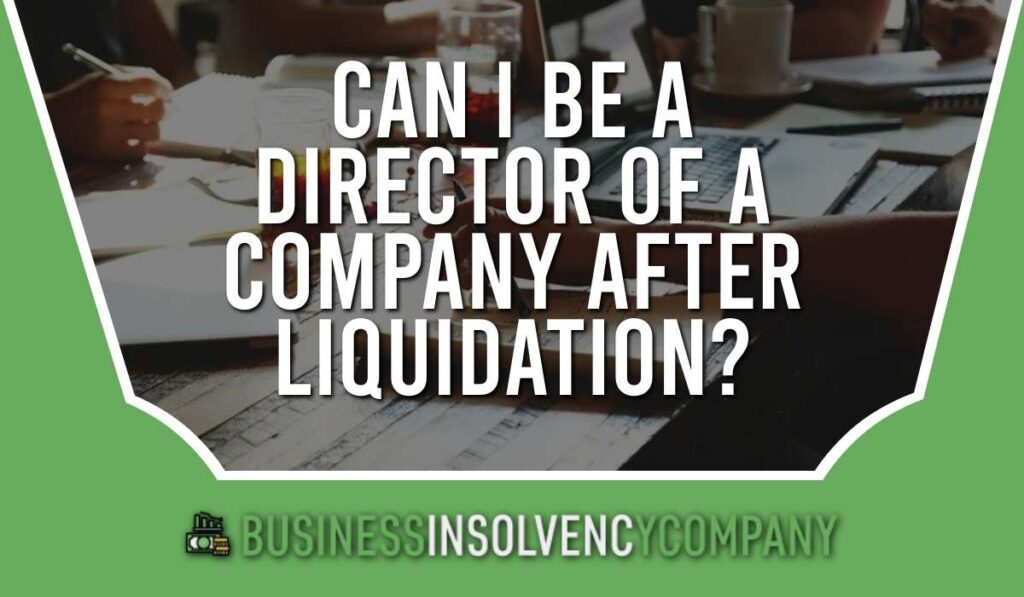




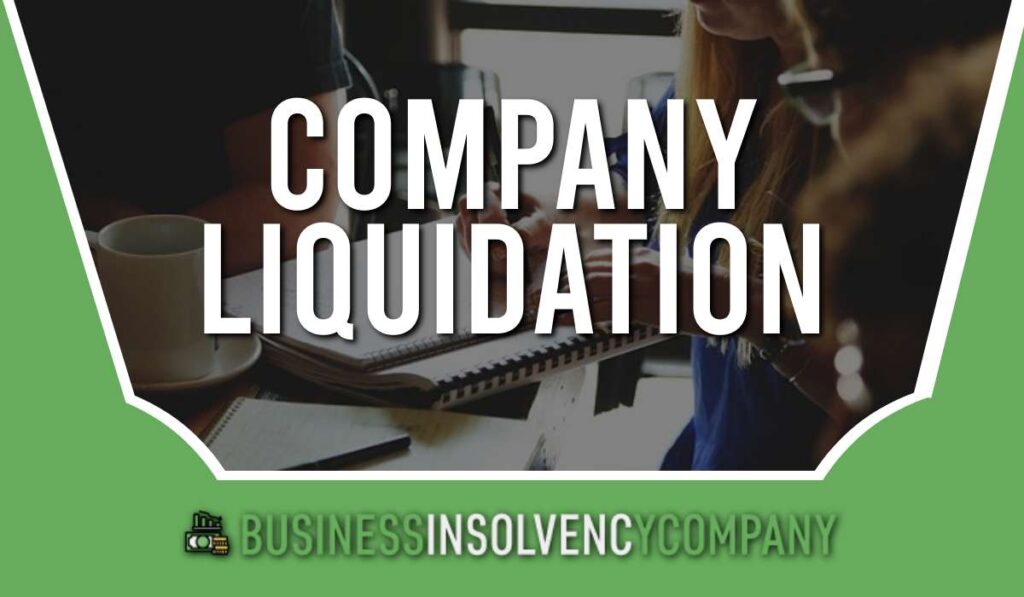



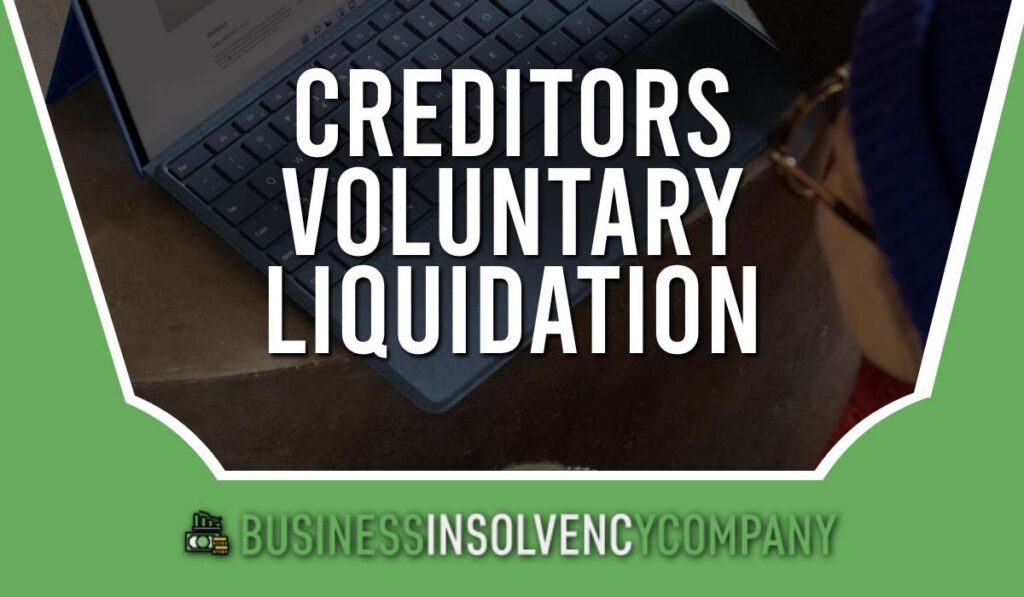


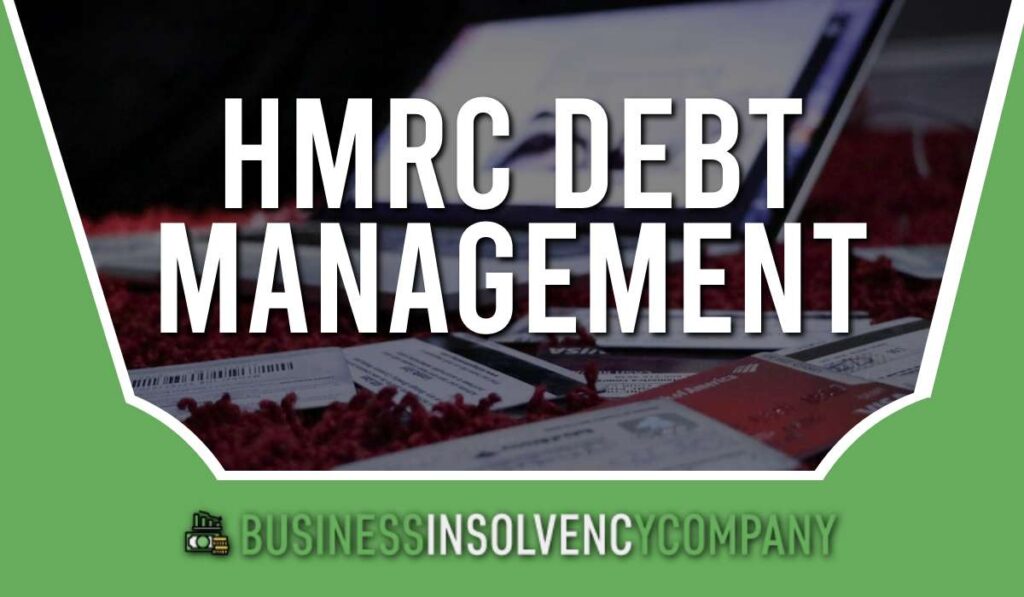

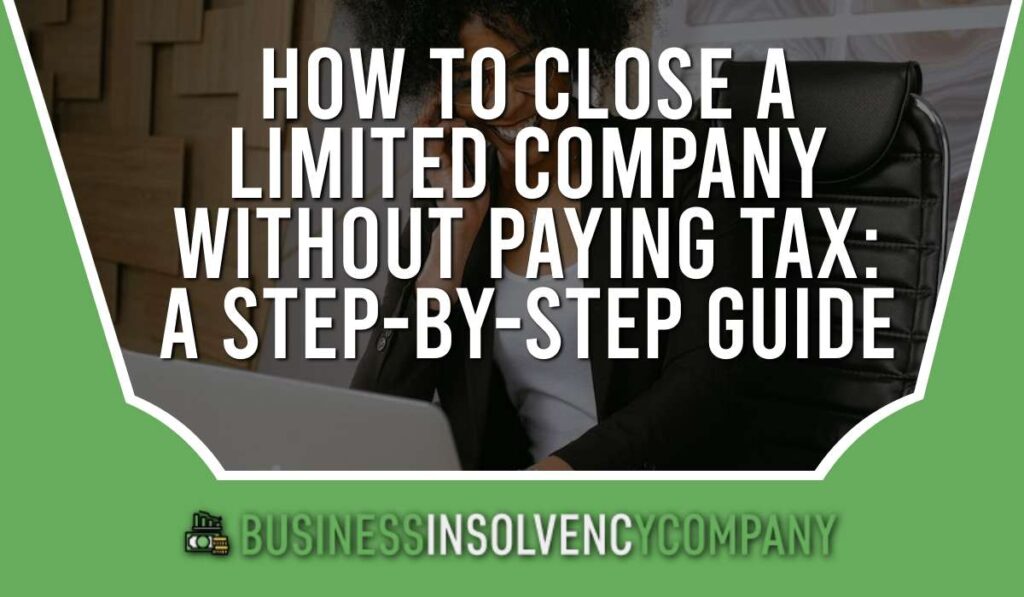











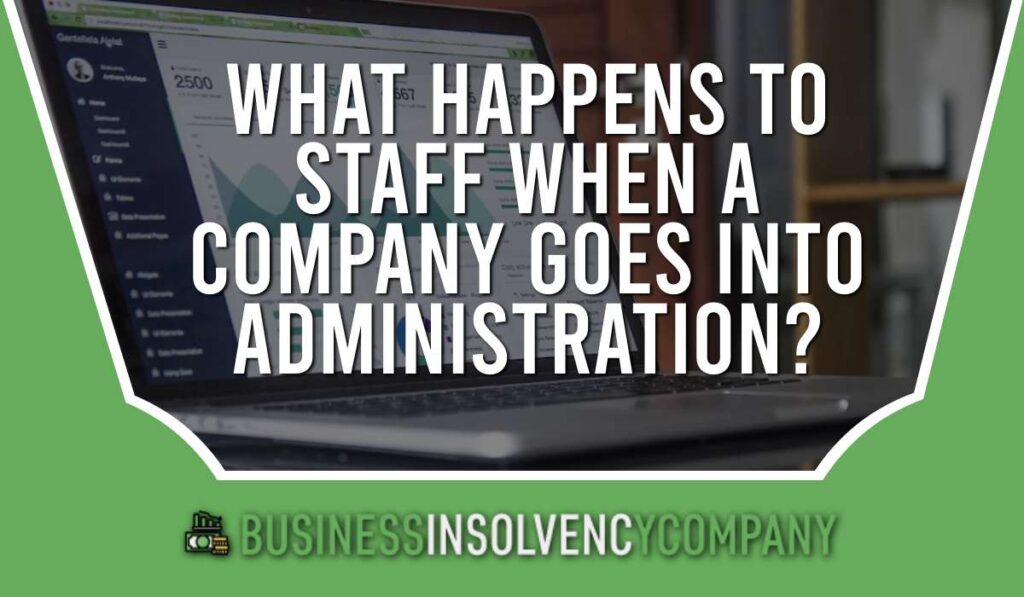

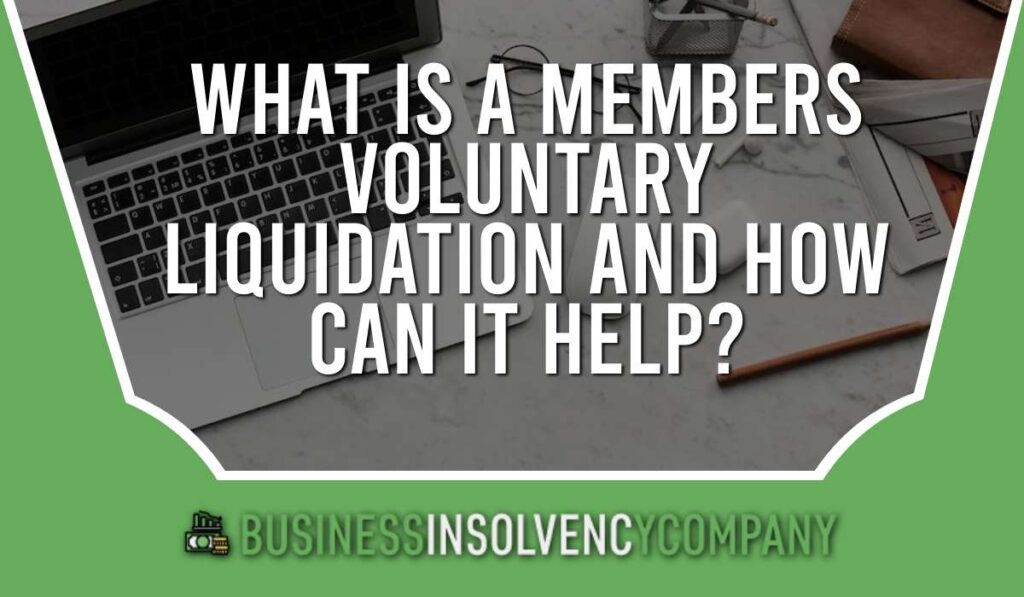



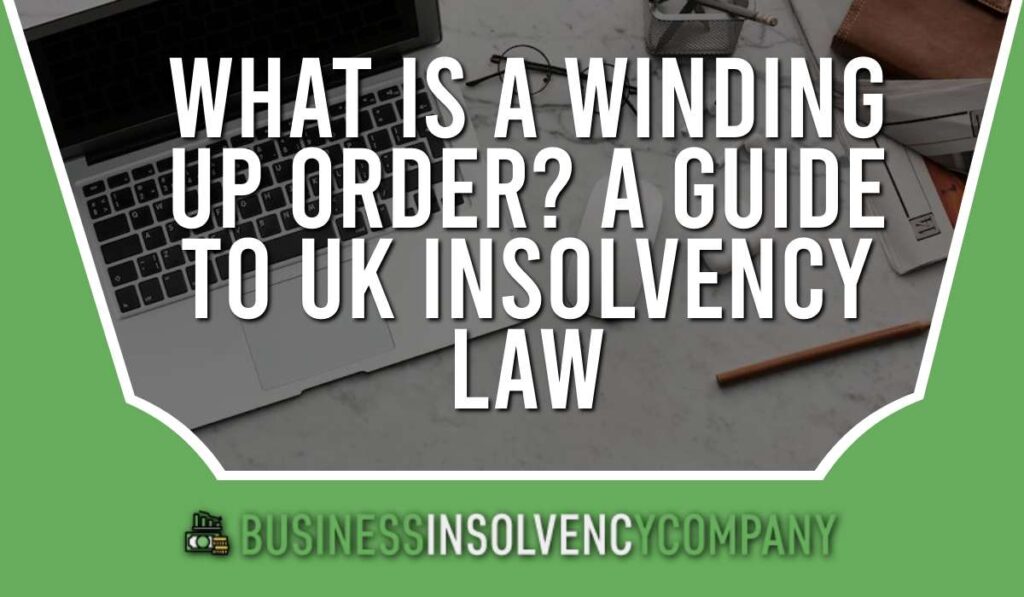




We Aim To Reply To All Enquiries With-in 24-Hours